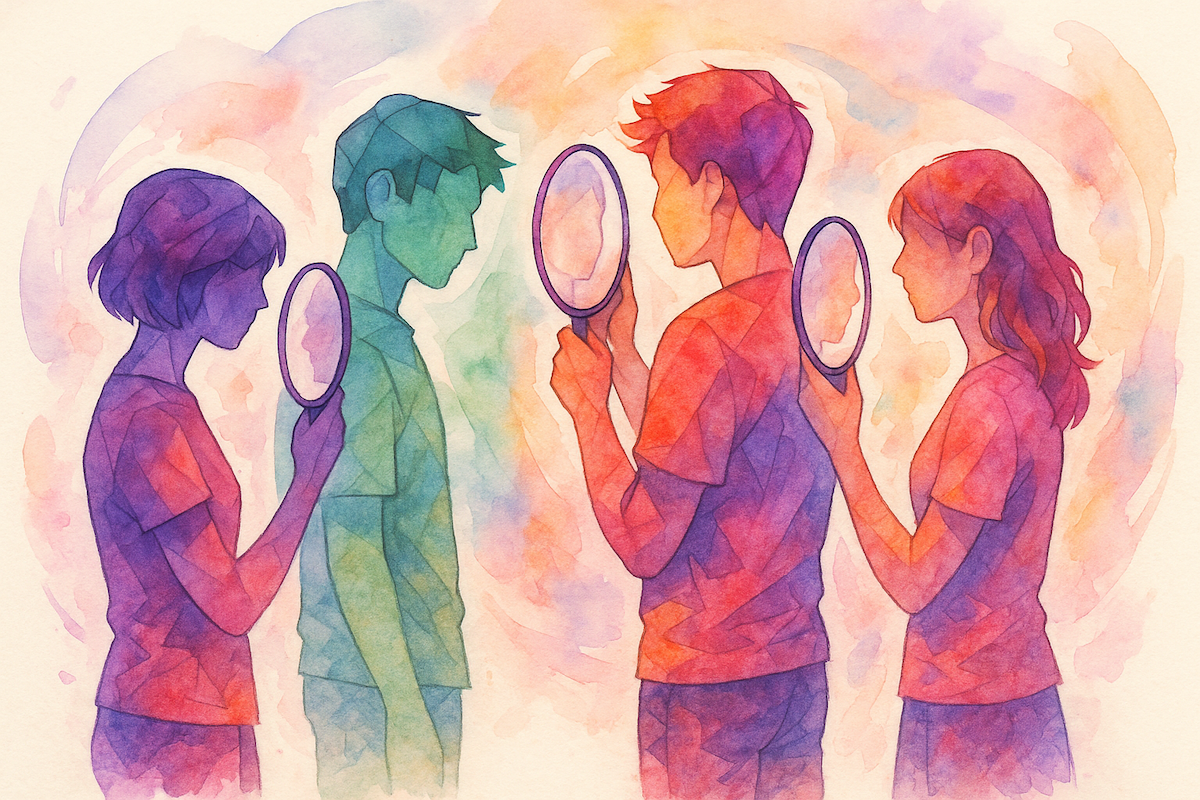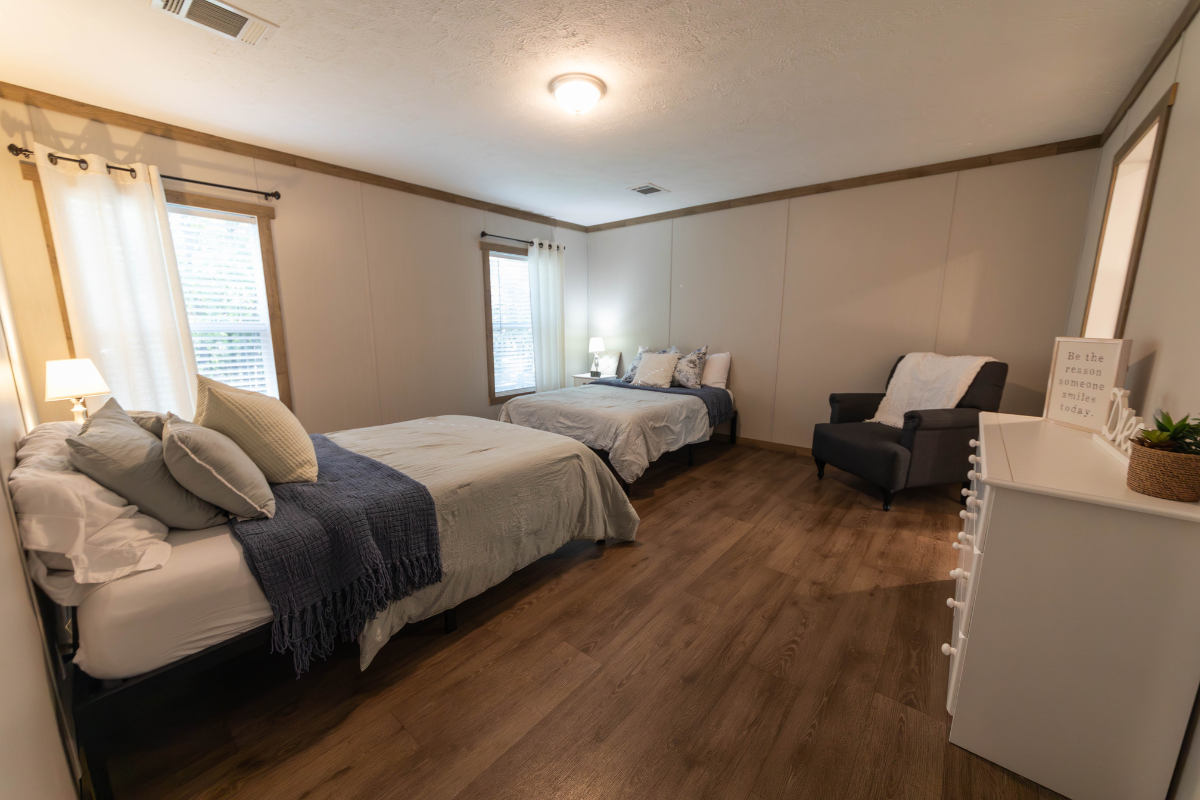Binge Eating Disorder
Binge eating disorder is a serious mental health condition characterized by recurrent episodes of compulsive overeating and feelings of shame, guilt, and embarrassment about eating behaviors.
Binge eating disorder treatment at Magnolia Creek
At Magnolia Creek, we provide personalized binge eating disorder (BED) treatment in a serene, supportive setting. Our multidisciplinary team helps clients uncover the emotional roots of binge behaviors while restoring physical, nutritional, and relational well-being. Through compassionate, evidence-based care, we guide individuals toward lasting healing and a more fulfilling life.

About binge eating disorder
- BED is more prevalent in women and typically begins in late adolescence or early adulthood. It is also more common among students and those without a college education, with a lifetime prevalence of 2.6%.
- BED can cause severe emotional distress and disrupt daily life. Severity varies, with mild cases involving 1 to 3 binge episodes per week and extreme cases involving more than 14 episodes weekly.
- In a recent study, nearly 1 in 4 Americans with BED had attempted suicide, and an overwhelming 94% reported experiencing mental health symptoms during their lifetime. These included mood disorders (70%), substance use disorder (68%), anxiety disorders (59%), borderline personality disorder (49%), and post-traumatic stress disorder (32%).
- Binge eating disorder is the most common eating disorder in the US — occurring three times more often than anorexia and bulimia combined.
FAQs about binge eating disorder
What is binge eating disorder?
Binge eating disorder (BED) is a serious and often misunderstood eating disorder marked by recurring episodes of bingeing, defined as eating large amounts of food in a short period — often in secret and beyond the point of physical fullness.
Unlike bulimia nervosa, binge eating disorder doesn’t involve the use of purging behaviors like excessive exercise or self-induced vomiting to prevent weight gain. People with BED may engage in dieting or calorie restriction between binges to control body weight, but this often leads to more severe binge eating episodes.
BED is rooted in emotional distress and may co-occur with mental health disorders such as anxiety, depression, or trauma. Without proper treatment, it can impact physical health and emotional well-being. Evidence-based care can help individuals heal their relationship with food and regain control and self-worth.
What are the signs + symptoms of binge eating disorder?
Binge eating disorder can manifest in both physical and emotional ways. Common signs and symptoms include:
- Frequent episodes of binge eating (consuming an abnormally large amount of food in a short timeframe)
- Frequently eating past the point of fullness or to the point of physical discomfort
- Binge eating in response to emotional distress
- Feeling a loss of control while eating
- Eating rapidly, even when not physically hungry
- Eating alone or in secret due to embarrassment or shame
- Hoarding or hiding food for future binges
- Experiencing intense guilt, shame, or distress after eating
- Frequent dieting and/or noticeable weight fluctuations
- Low self-esteem or poor body image
- Avoiding social situations involving food or eating
If these symptoms sound familiar, know you’re not alone — and help is available. With compassionate, evidence-based treatment, it is possible to reach lasting recovery and healing.
When is it time to seek professional support for binge eating disorder?
Knowing when to seek help for binge eating disorder can be difficult — but early intervention can make a meaningful difference. It may be time to reach out for professional support if you or a loved one is experiencing:
- Increased frequency of eating larger-than-normal amounts of food very quickly
- Frequently feeling out of control while eating (i.e., not being able to stop eating even when you know you're full)
- Frequently overeating in response to stress, anxiety, or depression
- Persistent feelings of shame, remorse, disgust, or low self-esteem in response to eating behaviors
Professional treatment can help you break the cycle, address underlying causes, and begin the journey toward lasting healing.
Step into healing at your own pace.
Magnolia Creek offers two distinct levels of care — residential treatment and partial hospitalization — with a focus on tailoring each client’s treatment plan to their unique diagnosis and recovery goals.
How We Treat
More Resources

Anorexia Athletica: Signs, Symptoms, Treatment

What Is ARFID? How It Differs from Other Eating Disorders

Teen Body Image: What Parents Need to Know
Renew your hope at Magnolia Creek.
Contact us today or complete our form to connect with an admissions specialist who will guide you to the right program. Healing is just a call away.
Your privacy is our priority. All communication is completely confidential.














































